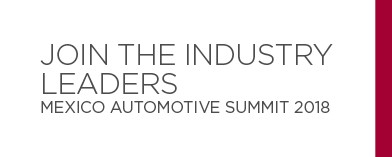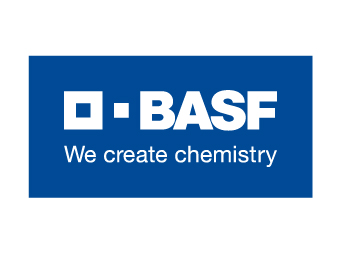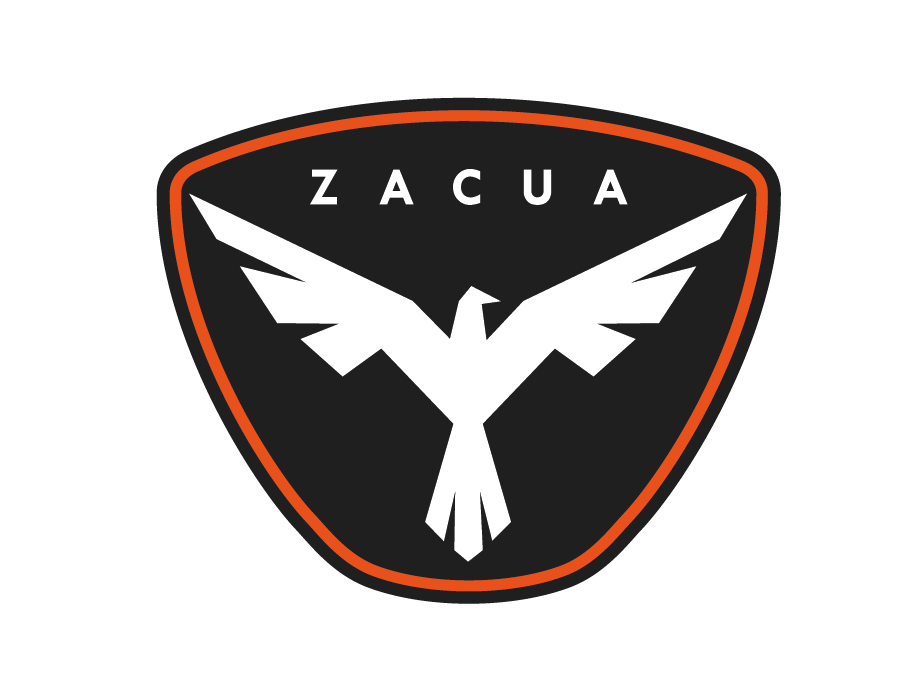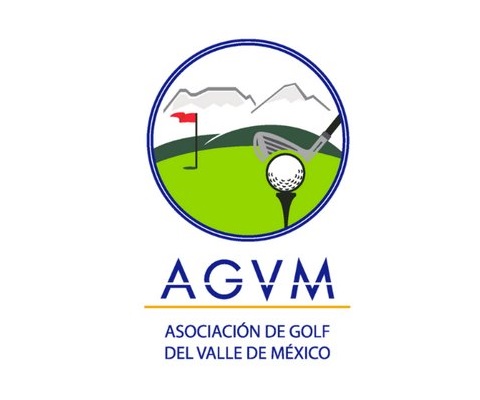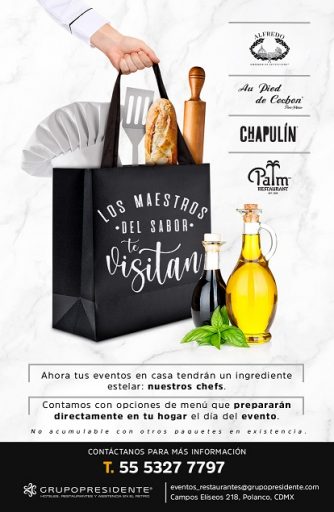| Por: GMORivera | |
☻
|
Mexico Automotive Summit 2018 Preliminary Program
Automotive production has evolved to become a true global effort. While Mexico, the US and Canada have built a trade block in North America, other countries have done the same in Europe and Asia. Though most regions strive to boost regional competitiveness, rhetoric from certain countries has threatened the evolution of free trade for the industry.
-
Moderator: Juan Carlos Meade, Automotive Sector Executive Director at ProMéxico
-
Panelist: Mario Rodríguez, CEO of Arbomex
-
Panelist: Jorge Martínez, Director General of Zacua
-
Panelist: Óscar Albin, Executive President of INA
Traditionally, Mexico has been a manufacturing-only country. After Mastretta’s failed attempt to produce a mass-market vehicle, the only successful venture in Mexican vehicle design has been VUHL’s plant in Queretaro, which is reserved for the luxury market. Now, Zacua, among others, is venturing into the competitive automotive industry as an OEM and betting on the electric vehicle market.
-
Moderator: Ricardo Haneine, Partner at A.T. Kearney
-
Panelist: Juan José Zaragoza, Mexico Country Leader of Transportation and Advanced Polymers at DowDuPont
-
Panelist: Enrique Enrich, Managing Director of Scania México
-
Panelist: Marcos Pérez, Director of Product Development at Ford de México
Industry 4.0, electrification, connectivity and self-driving technologies are all trends permeating the automotive sector. Companies are already investing in one or more of these concepts but what remains to be seen is how much they will change vehicles in terms of production and interior. What will be the role of OEMs and suppliers in the design of the car of the future and how long will it take to get from the current state to a fully connected and automated future?
-
Panelist: Alejandro Veraza, Managing Country Director of TI Automotive
-
Panelist: Argenis Bauza, Head of Supply Chain LatAm Hub, KPMG in Mexico
-
Panelist: Manuel Guevara, General Manager of Brose
The main advantage NAFTA brought to the automotive industry was to boost North America’s competitiveness as a manufacturing region. Mexico played a significant role in attracting investment from all over the world to build a strong supply chain. Participation from local companies is equally important to reach cost-competitive results. Yet, there are still holes in the production chain that could be filled by Mexican companies.
-
Moderator: Manuel Nieblas, Partner and Manufacturing Industry Leader at Deloitte Mexico
-
Panelist: Jaime González, Director of the Automotive Cluster of the Central Region Puebla Tlaxcala
-
Panelist: Alexandro Burgueño, Director of the Jalisco Automotive Cluster
-
Panelist: Héctor Soto, Director General of the Automotive Cluster of San Luis Potosi
Ongoing investment has spurred the creation of new automotive clusters in regions that see the industry as an important contributor to the state and federal GDPs. With three recently created clusters and more projects to come, how is investment promotion being handled? Is there clear competition between regions or could a national development project be created to ensure the industry’ growth as a nation? How are real-estate and financing partners participating in this debate?
-
Speaker: Carlos López de Nava, Director General of Grupo Alden
Domestic market growth is decelerating, threatening company revenues and market share, especially as competition becomes fiercer and more brands enter. Following a high for sales of 1.6 million units in 2016, automakers must find new strategies to captivate clients and reactivate potentially stagnating sales or face contracting numbers in their yearly statements.
-
Speaker: Eduardo Solís, Executive President of AMIA
Bloomberg New Energy Finance forecasts that electric cars will overtake combustion-engine-based vehicles by 2038. Meanwhile, the US market keeps showing its preference for larger vehicles with light trucks and SUVs representing over 60 percent of the total domestic sales. Considering Mexico’s focus on compact, combustion-engine cars, how prepared is the country for what appears to be a radical shift in demand?
—o0O0o—
☻
Subscribete a nuestro Newsletter o Boletín de GMO News Live y mantente actualizado al instante del Mundo Empresarial y de los Negocios, de las Tecnologías de la Información, Turismo, Espectáculos, Deportes, El Buen Comer y Beber, Gourmet, Cultura, Arte, Moda, Sociales, Economía y Finanzas y de la Política, De Presentaciones y Lanzamientos de Productos y Servicios Exclusivos, entre otras muchas cosas.
VENTAS y Promociones al (55) 1475-5291.
WA 55 1475-5291 – Aceptamos Tarjetas de Crédito

Últimas Noticias
-

La poblanita de Tacubaya: No te esperes a diciembre para poder comer el mejor bacalao y los romeritos
Por: GMORivera ☻ La poblanita de Tacubaya fundada desde 1947,…
-

INAUGURACIÓN DEL FORO LABORAL COPARMEX 2024: EL DINAMISMO ACTUAL EN EL TRABAJO. Miércoles 23 de octubre de 2024
Por: GMORangel ☻ CP || FORO LABORAL 2024 Poner a…
-

Descubre el Arte y Sabor del Festival de las Catrinas en Hotel Marquis Reforma
Por: GMORivera ☻ Descubre el Arte y Sabor del Festival…
-

Nebuia: La Primera IA Mexicana Revolucionando el Mercado
Por: GMORivera ☻ Nebuia: Innovación en Verificación y Enrolamiento Biométrico…
-
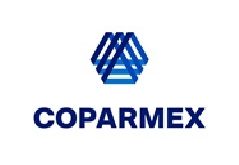
INICIA LA SEGUNDA EDICIÓN DE LA FERIA INTERNACIONAL DE INNOVACIÓN Y EMPRENDIMIENTO (FIIE) COPARMEX PARA QUE EN MÉXICO HAYA MÁS Y MEJORES EMPRESAS
Por: GMORangel ☻ 17 de septiembre de 2024 CP 67/20240817…
-

La Inteligencia Artificial no puede sustituir a la educación y al educador: Maestro Hugo Antonio Avendaño, Rector de la UIC, Universidad InterContinental
Por: GMORivera ☻ BP Ciudad de México a 14 de…
-

COPARMEX Y ORGANIZACIONES ESPECIALISTAS EN DERECHO EXIGEN AJUSTES A LA REFORMA AL PODER JUDICIAL PARA SALVAGUARDAR SU INDEPENDENCIA
Por: GMORivera ☻ 12 de agosto de 2024 CP 53/20240812…
-

Enfrenta la CDMX múltiples retos en términos de infraestructura, movilidad, vivienda y seguridad
Por: GMORivera ☻ BP Enfrenta la CDMX múltiples retos en…
-

LEONARDO Regresa al Milán Después se va de gira internacional
Por: GMORivera ☻ LEONARDO Regresa al Milán Después se va…
-

Inversiones para aprovechar el Nearshoring están detenidas por la incertidumbre jurídica de la Reforma Judicial: Coparmex
Por: GMORivera ☻ BP Inversiones para aprovechar el Nearshoring están…
-

La FMG anuncia alianza con Riviera Nayarit en el marco del Campeonato Nacional Amateur
Por: GMORivera ☻ BP La FMG anuncia alianza con Riviera…
-

Segundo encuentro de grandes lideres VIP, en el Senado de la República de México
Por: GMORivera ☻ Ciudad de México a 25 de junio…
-

6 empresas e instituciones reciben el Premio Nacional de Calidad
Por: GMORivera ☻ 6 empresas e instituciones reciben el Premio…
-

REFORMAS PRESENTADAS A LA LEY DE AMPARO VIOLAN LOS DERECHOS HUMANOS Y PERMITIRÍAN EL ABUSO DE AUTORIDAD
Por: GMORivera ☻ 10 de abril de 2024 CP 26/20240410…
-

La sinergia de humanos y robots: cómo lograr una colaboración eficaz en los espacios de trabajo
Por: GMORivera ☻ La sinergia de humanos y robots: cómo…
-

Revolución en la entrega final: Encuentra el futuro de la logística de última milla con DispatchTrack en The Logistics World México 2024
Por: GMORivera ☻ CP Revolución en la entrega final:Encuentra el…
-
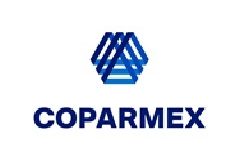
POR UN MEJOR FUTURO PARA NUESTRO PAÍS, PROPONEMOS EL “ACUERDO POR UN MÉXICO CON DESARROLLO INCLUSIVO”
Por: GMORivera ☻ POR UN MEJOR FUTURO PARA NUESTRO PAÍS,…
-

Invisten con Doctorado Honoris Causa a 21 Mujeres de Méritos Trascendentes, entre ellas Beatriz Paredes, Patricia Olamendi y María Fernanda Familiar Villanueva, entre otras
Por: GMORivera ☻ BP Invisten con Doctorado Honoris Causa a…
-

La Chef Claudia de Murga de Atípico nos invita a probar la dieta de la felicidad
Por: GMORivera ☻ La Chef Claudia de Murga de Atípico…
-

Juan Pablo Medina es el nuevo embajador de Magnum®
Por: GMORangel ☻ Juan Pablo Medina es el nuevo embajador…
Podcast Competencias
Entradas recientes
- La poblanita de Tacubaya: No te esperes a diciembre para poder comer el mejor bacalao y los romeritos
- INAUGURACIÓN DEL FORO LABORAL COPARMEX 2024: EL DINAMISMO ACTUAL EN EL TRABAJO. Miércoles 23 de octubre de 2024
- Descubre el Arte y Sabor del Festival de las Catrinas en Hotel Marquis Reforma
- Nebuia: La Primera IA Mexicana Revolucionando el Mercado
- INICIA LA SEGUNDA EDICIÓN DE LA FERIA INTERNACIONAL DE INNOVACIÓN Y EMPRENDIMIENTO (FIIE) COPARMEX PARA QUE EN MÉXICO HAYA MÁS Y MEJORES EMPRESAS
- La Inteligencia Artificial no puede sustituir a la educación y al educador: Maestro Hugo Antonio Avendaño, Rector de la UIC, Universidad InterContinental
- COPARMEX Y ORGANIZACIONES ESPECIALISTAS EN DERECHO EXIGEN AJUSTES A LA REFORMA AL PODER JUDICIAL PARA SALVAGUARDAR SU INDEPENDENCIA
- Enfrenta la CDMX múltiples retos en términos de infraestructura, movilidad, vivienda y seguridad
- LEONARDO Regresa al Milán Después se va de gira internacional
- Inversiones para aprovechar el Nearshoring están detenidas por la incertidumbre jurídica de la Reforma Judicial: Coparmex
- La FMG anuncia alianza con Riviera Nayarit en el marco del Campeonato Nacional Amateur
- Segundo encuentro de grandes lideres VIP, en el Senado de la República de México
- 6 empresas e instituciones reciben el Premio Nacional de Calidad
- REFORMAS PRESENTADAS A LA LEY DE AMPARO VIOLAN LOS DERECHOS HUMANOS Y PERMITIRÍAN EL ABUSO DE AUTORIDAD
- La sinergia de humanos y robots: cómo lograr una colaboración eficaz en los espacios de trabajo
Categorías
Archivos
- noviembre 2024
- octubre 2024
- septiembre 2024
- agosto 2024
- julio 2024
- junio 2024
- abril 2024
- marzo 2024
- febrero 2024
- enero 2024
- diciembre 2023
- noviembre 2023
- octubre 2023
- septiembre 2023
- agosto 2023
- julio 2023
- junio 2023
- mayo 2023
- abril 2023
- marzo 2023
- febrero 2023
- enero 2023
- diciembre 2022
- noviembre 2022
- octubre 2022
- septiembre 2022
- agosto 2022
- julio 2022
- junio 2022
- mayo 2022
- abril 2022
- marzo 2022
- febrero 2022
- enero 2022
- diciembre 2021
- noviembre 2021
- octubre 2021
- septiembre 2021
- agosto 2021
- julio 2021
- junio 2021
- mayo 2021
- abril 2021
- marzo 2021
- febrero 2021
- enero 2021
- diciembre 2020
- noviembre 2020
- octubre 2020
- septiembre 2020
- agosto 2020
- julio 2020
- junio 2020
- mayo 2020
- abril 2020
- marzo 2020
- febrero 2020
- enero 2020
- diciembre 2019
- noviembre 2019
- octubre 2019
- septiembre 2019
- agosto 2019
- julio 2019
- junio 2019
- mayo 2019
- abril 2019
- marzo 2019
- febrero 2019
- enero 2019
- diciembre 2018
- noviembre 2018
- octubre 2018
- septiembre 2018
- agosto 2018
- julio 2018
- junio 2018
- mayo 2018
- abril 2018
- marzo 2018
- febrero 2018
- enero 2018
- diciembre 2017
- noviembre 2017
- octubre 2017
- septiembre 2017
- agosto 2017
- julio 2017
- junio 2017
- mayo 2017
- abril 2017
- marzo 2017
- febrero 2017
- enero 2017
- diciembre 2016
- noviembre 2016
- octubre 2016
- septiembre 2016
- agosto 2016
- julio 2016
- junio 2016
- mayo 2016
- abril 2016
- enero 2016
- noviembre 2015



